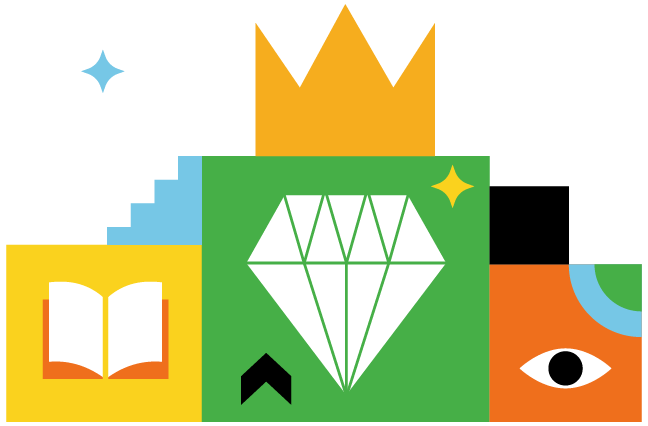Our Mission
The mission of the English curriculum at Royal Grammar School Petrovice is to provide students with the cultural, academic, and linguistic competencies needed for full participation in school and society, preparing them for success in higher education and the global community.
Curriculum Framework
English has become a global language and a key to understanding both one’s own culture and those around the world. Our curriculum focuses on developing fluency in all language skills (reading, writing, listening, and speaking) while fostering critical thinking, self-reflection, and effective learning strategies.
The program is organized into thematic units that promote deeper understanding of key ideas and essential questions. Each unit includes specific objectives, benchmarks, activities, projects, and assessment methods.
Program at Different Educational Stages
Early Stage (Prima–Sekunda)
The first two years focus on developing language skills, vocabulary, and grammar through authentic materials and tasks. Students explore different genres (newspaper articles, short stories, encyclopedic texts) and build basic literary skills.
Writing lessons emphasize process approaches (planning, brainstorming, revising) and effective text structuring (paragraphs, sentences). Speaking activities focus on fluency, confidence, and group communication skills.
Advanced Stage (Tercie–Kvarta)
At the advanced stage, students analyze texts in depth (poetry, plays, novels) and critically evaluate sources (reliability, author’s intent). Academic writing skills are honed, with a focus on essays that inform, persuade, or describe.
Speaking and listening activities emphasize both accuracy and fluency. Students engage in projects, discussions, debates, and presentations, helping them communicate effectively in formal and informal contexts.
Modern Assessment Approach
Assessment is a key element of the curriculum and includes:
- Portfolio: Students maintain an electronic portfolio to track their progress and share their work with parents and peers.
- ‘Can Do’ Statements: Each objective is framed as a specific skill students are expected to master.
- Individualized Approach: Teachers adapt assessments to meet the needs of each student, focusing on strengths and addressing areas for improvement.


